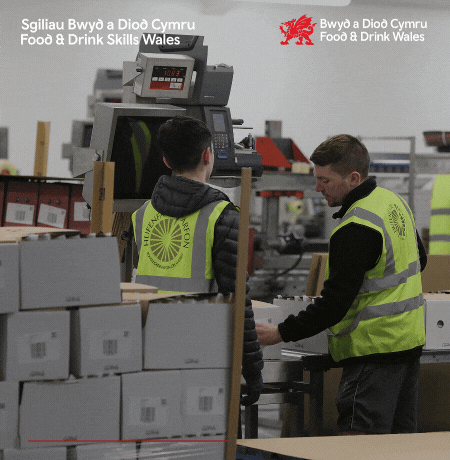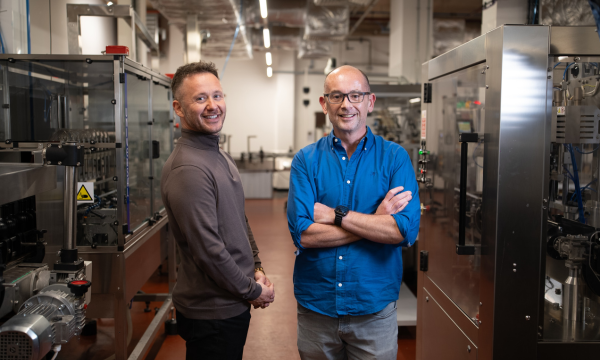
Giving evidence to an inquiry on nitrogen, the Soil Association told the House of Lords that best practice from organic farms, which use nature-based solutions instead of artificial fertilisers, could benefit any type of farmer.
The charity has also submitted written evidence to the inquiry detailing how the nitrogen being lost to the environment is currently costing British farmers more than the UK Government’s annual farming budget.
These costs – initially revealed in a report by WWF and supporters of the Sustainable Nitrogen Alliance (SNA) – are being incurred through wasted artificial fertiliser and livestock manure, which are polluting UK rivers, says the Soil Association.
Another recent report from the SNA – convened by the Soil Association with supporting organisations such as WWF and the RSPB – found that government is off-track to meeting its targets around reducing nitrogen pollution, which is largely driven by the food and farming sector.
Speaking after giving evidence to the inquiry, Soil Association farming advisor Jerry Alford, said:
“Both chemical fertilisers and the muck generated by intensive livestock are driving an excess of nitrogen in our rivers, climate, and air. This is having a disastrous impact on wildlife, animal welfare and human health, and to make matters worse, farmers are spending a fortune on this vital nutrient, only to lose it to the environment.
“But the good news is there are practices that any farmer can adopt to provide nitrogen through nature-friendly methods, while boosting their resilience and profitability. We want to see the government prioritising adoption of best practice from organic farming with a greater focus on healthy soils and whole-farm approaches to nutrient recycling.”
During the evidence session Jerry told the Lords that adoption of organic farming practices is on the rise and explained that “good regenerative farmers” are using organic principles. This comes after news last week that land in conversion to be certified with Soil Association Certification has doubled in the last year.
Jerry was joined on the inquiry panel by two experts in agronomy and farm advice, who both backed his statement that “the soil comes first”.
Peter Cowlrick, Technical Director, CCC Agronomy, told the inquiry he felt UK agriculture was “moving towards an integration of organic principles and conventional systems”, while John Williams, Principal Soil Scientist at ADAS, said there is “an awful lot” that conventional systems can learn from the regenerative movement.
The Sustainable Nitrogen Alliance has forecasted the impacts of current government policy and outlined where it would fail to meet environment targets, if nothing changes.
The analysis found that the UK is currently not on track to hit the target of halting damage to biodiversity by halving nitrogen pollution by 2030, or to achieve a 40% reduction in nitrogen pollution of waterways by 2038.
This is due to the fact that policies are not ambitious enough and do not involve system wide changes, which will be vital in addition to technological solutions that have a role but do not tackle the root causes, the report says.
As a result, the SNA has recommended that a cross-departmental, integrated nitrogen strategy should be developed to ensure the most efficient use of nitrogen whilst addressing the negative impacts on climate, health, biodiversity and air and water quality from nitrogen pollution.
This would include financial support and verified training and advice for farmers to better manage their nutrients, ensuring that nitrogen is not lost into the environment and instead effectively used to produce food.
Soil Association’s Ellie Roxburgh, who convenes the Sustainable Nitrogen Alliance, added:
“Not enough people know that nitrogen is damaging our water systems, air quality, climate and biodiversity. It is essential for life on earth – it's what makes the sky blue and is essential for crop growth – but too much of it is turning our rivers green. More ambitious action is needed, with a commitment to a cross-government Nitrogen Strategy, and a scaling up of nature-friendly, agroecological farming with targets to increase organic farmland across the UK.”
Recommendations from the SNA also included tougher regulation including a more robust permit system for intensive livestock farms so that large dairy and beef systems require a permit, alongside a reduction in the permitting requirement threshold of pigs and poultry. Currently poultry farms only need a permit if they exceed 40,000 birds, with the number sitting at 2,000 for pigs.














